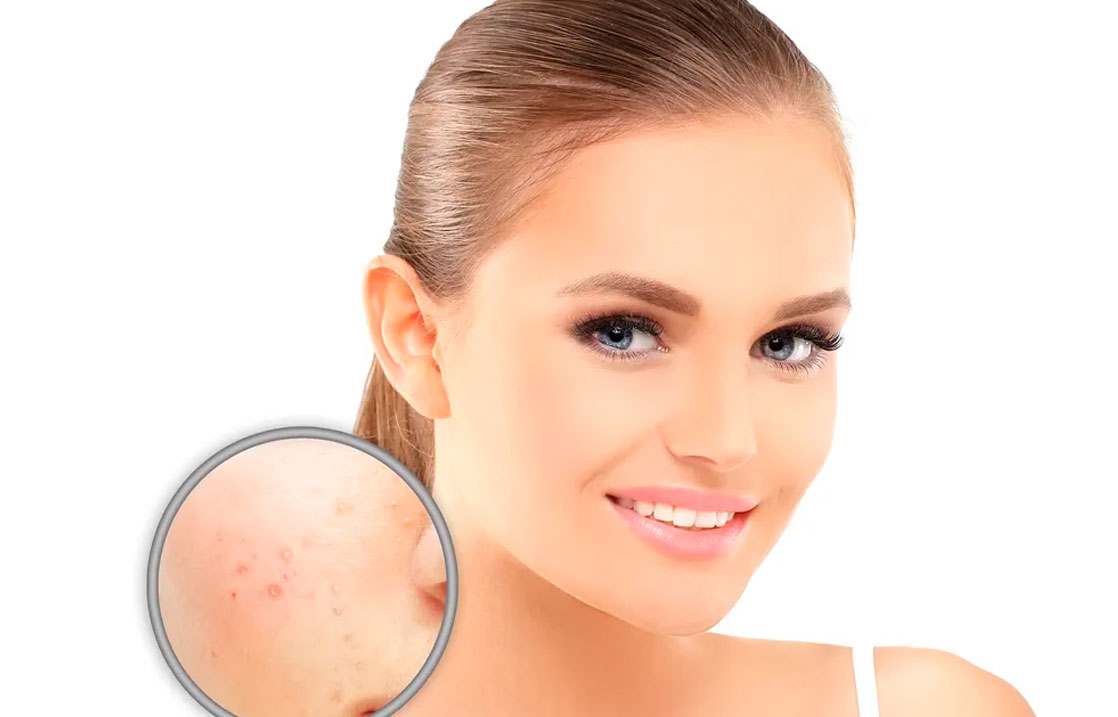Articles on cosmetology
Skin pigmentation
Skin pigmentation involves changes in skin color due to various factors, including sun exposure, hormonal fluctuations, inflammatory processes, or genetic predispositions. Pigmented spots can manifest as freckles, melasma, post-inflammatory hyperpigmentation, and other types.
Types of Pigmentation and Their Causes:
- Freckles (Ephelides):
Cause: Genetic factors and sun exposure.
Small brown spots that become more prominent with exposure to sunlight.
- Melasma (Chloasma):
Cause: Hormonal changes (e.g., during pregnancy or while using contraceptives), sun exposure.
Symmetrical brown or grayish spots on the face, often on the forehead, cheeks, and upper lip.
- Post-Inflammatory Hyperpigmentation:
Cause: Skin damage from conditions like acne, cuts, burns, or inflammatory processes.
Dark spots that remain after the skin has healed from damage or inflammation.
- Sun Spots (Lentigines):
Cause: Exposure to ultraviolet radiation.
Flat, brown or black spots that appear on exposed areas of the skin, such as the face, hands, and shoulders.
- Medication-Induced Hyperpigmentation:
Cause: Certain medications can cause changes in skin pigmentation.
Dark spots that appear after the use of specific medications.
Approaches for Treating and Preventing Pigmentation:
Sun Protection: Apply sunscreens with a minimum SPF of 30 every day, even on cloudy days. Complement this with wide-brimmed hats and protective clothing to shield your skin from UV damage.
Brightening Agents: Use products containing hydroquinone, kojic acid, azelaic acid, niacinamide, and Vitamin C to help lighten pigmented spots. Use these products following your dermatologist’s recommendations.
Chemical Peels: Use acids such as glycolic, lactic, and salicylic to exfoliate the skin’s surface and reduce pigmentation. Ensure these procedures should be performed by a skilled professional.
Laser Treatments: Fractional CO2 lasers or Q-switched lasers can effectively reduce pigmented spots. Multiple sessions may be needed to achieve the best results.
Microdermabrasion: This technique involves mechanical exfoliation to remove superficial pigmented spots and can be combined with other treatment methods.
Retinoids: Retinoid-based products, including retinol and tretinoin, promote cell renewal and can help lessen hyperpigmentation. Use them in the evening, as they may increase your skin’s sensitivity to sunlight.
Tips for Caring for Pigmented Skin:
Consult a Dermatologist: Prior to beginning any treatment, seek advice from a dermatologist to determine the underlying cause of your pigmentation and to choose the most effective treatment options.
Avoid Skin Trauma: Take care to prevent mechanical damage to your skin, as it can contribute to post-inflammatory hyperpigmentation.
Maintain Moisturization: Ensure your skin remains well-hydrated to prevent irritation and inflammation, which can worsen pigmentation issues.
Effective Products to Consider: Opt for brightening creams, Vitamin C serums, and sunscreens.
Consistent care and the use of effective products can significantly reduce pigmentation and enhance the overall appearance of your skin. Selecting high-quality, specialized products is essential for achieving and maintaining beautiful and healthy skin. Our online store Cutis Medical offers a wide selection of premium products from reputable brands, ensuring the safety and effectiveness of every treatment.


